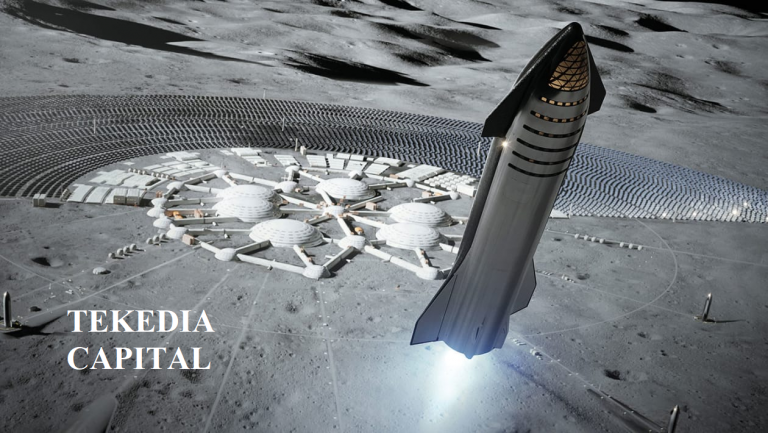
Five factors – knowledge, capital, land, labour and entrepreneur. How you combine and recombine them defines the wealth of nations and the capabilities of a people. The knowledge of a people is the wealth of a people. Unleashing that knowledge through risk takers (the entrepreneurs) have defined the progress of men and women.
But what do entrepreneurs really do? They bring all these factors together; that togetherness is seen via people, processes and tools, which are then used to create products and services to fix market frictions.
Tekedia Capital makes friends with these entrepreneurs, providing them with capital to go into markets and solve problems. If you want to own a small piece of the leading companies of the future, join Tekedia Capital syndicate and co-invest with us in the empires of the future.
Tekedia Mini-MBA edition 16 (Feb 10 – May 3, 2025) opens registrations; register today for early bird discounts.
Tekedia AI in Business Masterclass opens registrations here.
Join Tekedia Capital Syndicate and invest in Africa’s finest startups here.
Learn more, become a member, and be part of our next investment cycle here . We just fired a rocket; the target is a #Unicorn at New York Stock Exchange, London Stock Exchange, Lagos Stock Exchange, etc. Come along and let us improve our scale and precision with your partnership. Building #NextAfrica.
Comment on LinkedIn Feed
Comment: But Prof, I thought entrepreneur and knowledge is still the same e.g. a knowledge entrepreneur – so I can simply follow that it’s a matter of quality of entrepreneur. Another way, knowledge and labour – but mostly entrepreneur and knowledge.
My Response : You can have knowledge without being an entrepreneur. You can also have knowledge without being a labourer. Unlike Adam Smith’s mercantilist system upon which the old classical economics was formed, elevating knowledge as a factor of production is essentially saying that in modern markets we have x-factors. And those x-factors are not linear or even quadratic in impact; they deliver exponential impacts in changing basis of competition.
Think of it this way: you have 10 bank staff that reconcile books manually; it takes them 6 hours to do the job. You can get a better 10 staff who can give you a factor of 2 improvement (3 hours). You are operating in the realm of labour. But someone can make a software that does the same thing in a second. In that case, you are dealing with a new element which is possible because of new knowledge, not bound by improving “labour” as a factor of production. Now, that knowledge can be dynamic such that you can eliminate that labour (talk of AI, chatbook, etc).
During the invention society era (up to AD 1500), the world had “knowledgeable inventors” but limited innovators. In other words, they had knowledge but they could not build products and services. Entrepreneur is different from knowledge because Entrepreneur makes things that solve problems. Tesla (the inventor) had knowledge but he possibly died “poor” like many in his time (inventors with knowledge); Elon Musk is an entrepreneur (innovator), he used that knowledge to build a product (a car) which solves a real problem.
I explained this process in my book which received the IGI Global Book of the Year Award.

---
Register for Tekedia Mini-MBA (Feb 10 - May 3, 2025), and join Prof Ndubuisi Ekekwe and our global faculty; click here.



